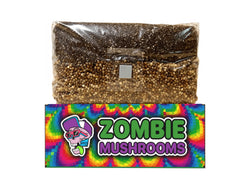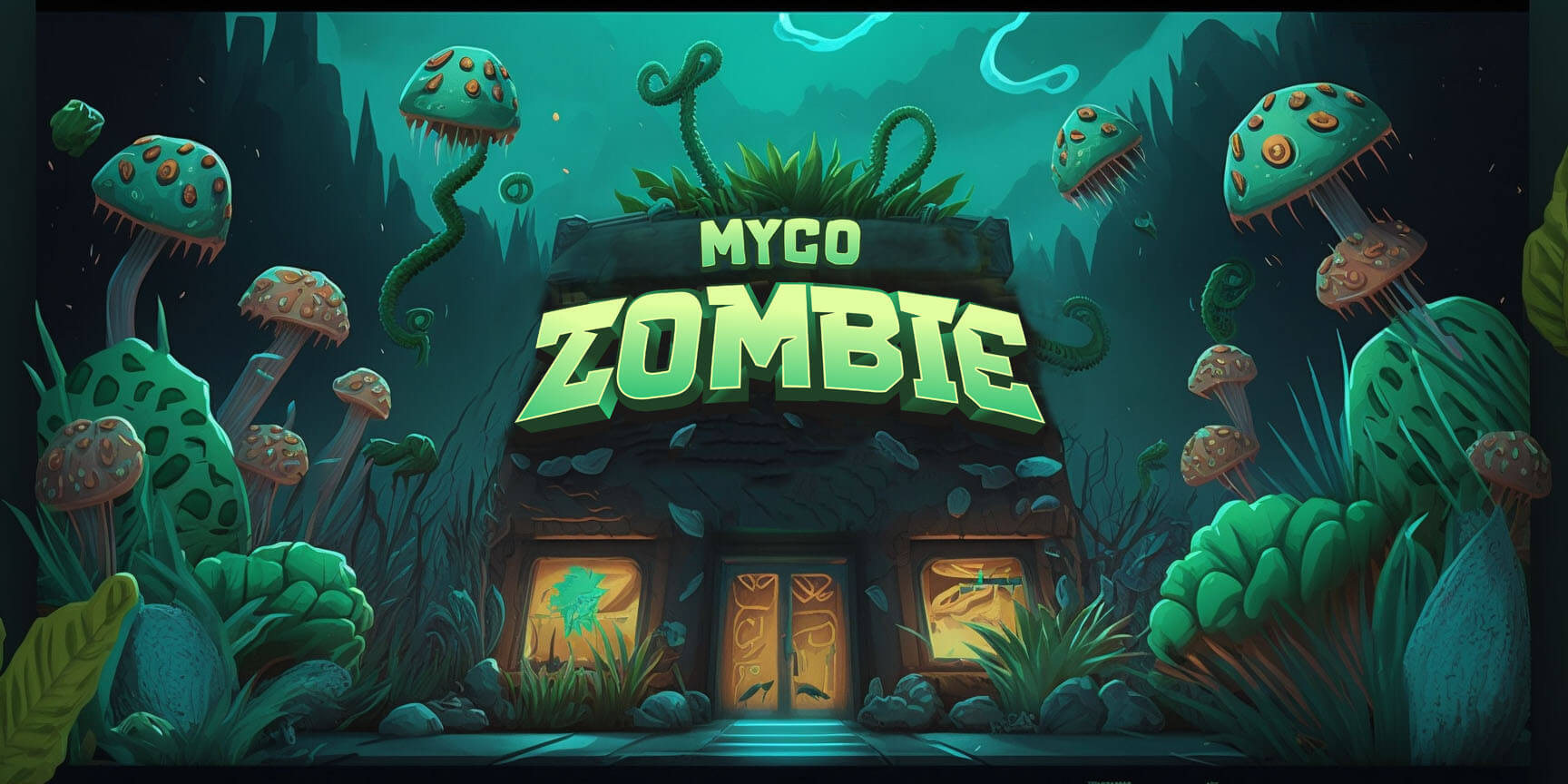The conversation around drug policy reform, harm reduction, and government intervention took a dramatic turn in early 2025 with two major developments: the surprising pardon of Ross Ulbricht, the founder of Silk Road, and the continued progress of MAPS’ (Multidisciplinary Association for Psychedelic Studies) cannabis research for PTSD treatment.
While these two stories might seem unrelated at first glance, they both reflect a broader shift in attitudes toward drug access, regulation, and enforcement. In this article, we’ll examine the implications of Ulbricht’s release, the latest advancements in MAPS’ research, and what these events signal for the future of drug policy, law enforcement, and harm reduction strategies.
The Saga of Silk Road & Ross Ulbricht’s Release
Who is Ross Ulbricht?
Ross Ulbricht, the controversial creator of Silk Road, launched what was essentially an anonymous online marketplace for illicit drugs in 2011. The platform leveraged the Tor network for private browsing and Bitcoin transactions to conduct sales under a veil of secrecy.
Ulbricht—who operated under the pseudonym "Dread Pirate Roberts"—positioned Silk Road as a market governed by libertarian ideals, claiming it enabled safe drug transactions without the violence associated with street-level drug deals. Sellers were rated, transactions were encrypted, and many users reported a greater sense of security compared to purchasing drugs in the physical world.
However, Silk Road also facilitated other forms of illicit trade, including forged documents, hacking tools, and unregulated prescription medications. Critics argue that despite its harm-reduction claims, the platform contributed to opioid distribution, addiction, and potential health risks due to the lack of medical oversight.
The FBI’s Pursuit and the Legal Battle
By 2013, the U.S. federal government had built an airtight case against Ulbricht, utilizing undercover agents to conduct transactions on Silk Road. He was arrested in a San Francisco library while logged into the admin panel of the site.
Following his capture, Ulbricht faced a stringent set of charges, including:
- Conspiracy to commit money laundering
- Conspiracy to commit computer hacking
- Engaging in a continuing criminal enterprise
- Drug trafficking charges
In 2015, he was sentenced to two life terms plus 40 years with no possibility of parole. The severity of his punishment sparked debates about judicial overreach and selective sentencing:
- Many murderers and violent criminals receive far lighter sentences.
- The government was never able to definitively prove that he had plotted murder-for-hire schemes, despite initially claiming so.
- Other darknet market operators arrested after him received significantly lower sentences.
For years, digital rights activists, libertarians, cryptocurrency proponents, and prison reform advocates campaigned for his release, arguing that while he broke the law, his punishment was disproportionate to his crimes.
Trump’s Pardon: The Political Calculations
Why Did Trump Pardon Ulbricht?
On January 21, 2025, in one of his first executive actions upon returning to office, Donald Trump granted a full pardon to Ross Ulbricht.
Ulbricht’s clemency wasn’t purely an act of mercy; it was a strategic political move. Throughout his campaign, Trump courted libertarian voters, cryptocurrency enthusiasts, and critics of over-policing—all influential groups that had lobbied for Ulbricht’s release for over a decade.
At the Libertarian National Convention in May 2024, Trump had already pledged to free Ulbricht on "Day One" if he returned to office. The pardon solidified his stance as an anti-establishment figure willing to challenge the “Deep State” and harsh sentencing policies.
Reactions to the Pardon
Trump’s decision drew widespread yet sharply polarized reactions:
- Libertarians & digital privacy advocates celebrated his release as a victory for internet freedom and against government overreach.
- Law enforcement officials warned that the pardon could embolden new black-market ventures.
- Drug policy activists were split—some saw it as a step toward sentencing reform, while others criticized Ulbricht's role in fueling the online drug trade.
Even within the cryptocurrency industry, opinions varied. While blockchain evangelists welcomed the pardon as a sign that Bitcoin’s early illicit image had faded, financial regulators feared it could complicate future crypto oversight and policies.
The Consequences of the Pardon
Impact on Dark Web Marketplaces
Many feared that Ulbricht’s release could inspire a new wave of Silk Road-style operations, reviving darknet marketplaces. However, forensic cybercrime techniques have drastically evolved since Silk Road’s takedown, making it far riskier to operate such markets today.
Nonetheless, Ulbricht’s pardon could influence darknet activity in key ways:
- Increased efforts to develop more resistant, decentralized black markets.
- Stronger use of privacy coins like Monero, making transactions harder to trace.
- Enhanced law enforcement scrutiny on darknet marketplaces and encryption tools.
Effects on Cryptocurrency Regulation
Silk Road played a crucial role in Bitcoin’s early adoption, but also cemented its association with illegal transactions. With Ulbricht’s pardon reviving discussions on crypto's role in black markets, regulators might push for stricter oversight on digital assets.
Likely regulatory shifts include:
- More aggressive KYC (Know Your Customer) laws for crypto exchanges.
- Stronger compliance requirements to prevent money laundering via blockchain.
- Tighter scrutiny on the use of privacy-enhancing cryptocurrencies.
Shifting Attitudes Toward Drug Policy
The pardon reflects a broader reconsideration of how the U.S. handles drug-related offenses. If Ulbricht deserved clemency for facilitating harmful transactions, should nonviolent drug offenders receive the same reconsideration?
Federal policies may soon shift toward:
- Expanding harm reduction programs instead of overcriminalizing drug use.
- Reevaluating sentencing laws for drug-related offenses.
- Exploring public health-oriented approaches to substances instead of blanket criminalization.
MAPS’ Latest Cannabis Research for PTSD Treatment
What is MAPS?
The Multidisciplinary Association for Psychedelic Studies (MAPS) is a nonprofit leading the charge in psychedelic and cannabis research for mental health. Founded by Rick Doblin, the organization pioneers psychedelics (MDMA, LSD, psilocybin), cannabis, and other substances to treat conditions like PTSD, depression, and anxiety.
Breakthroughs in Cannabis-Based PTSD Treatment
MAPS' latest clinical trial, MJP2, evaluates cannabis as a PTSD treatment for military veterans. While prior FDA-approved studies focused on MDMA, MAPS sees cannabis as another promising alternative for trauma relief.
Key findings from the study suggest:
- Smoked cannabis provides symptom relief, even as the FDA remains hesitant about vaporization.
- Participants reported reduced nightmares, anxiety, and emotional distress compared to placebo groups.
- The VA (Veterans Affairs Office) still resists full cannabis integration despite growing support from veteran advocacy groups.
The Hurdles of Cannabis Regulation
While psychedelics are on the brink of FDA approval, cannabis remains politically complicated despite public enthusiasm for its medical benefits. Challenges include:
- Stronger demands for long-term safety data from federal regulators.
- Fierce pharmaceutical industry opposition to cannabis approvals.
- Resistance from conservative lawmakers still wary of nationwide legalization.
MAPS is lobbying for equal regulatory treatment between cannabis and psychedelics, arguing that delaying cannabis research disproportionately harms veterans and marginalized communities.
The Intersection of the Two Stories: A Changing Approach to Drug Regulations
Lessons from Silk Road’s Experiment
Silk Road highlighted the demand for safer, regulated alternatives to high-risk drug distribution. While its black-market model had major ethical and legal flaws, its central idea—giving users quality-controlled substances—has influenced harm reduction policies.
The Future of Psychedelic & Cannabis Reform
- MDMA and psilocybin therapies are nearing FDA approval, setting a precedent.
- Cannabis is likely to follow within the decade, accelerating access for PTSD and chronic pain patients.
- If legalization continues, do darknet markets become obsolete?
The conversation is no longer about whether legalization happens—it’s about how to create fair, well-regulated models for access.
Key Takeaways
- Ross Ulbricht's pardon marks a major shift in attitudes toward digital privacy, sentencing reform, and drug policy.
- Darknet marketplaces may evolve post-pardon, but law enforcement is far better equipped to combat them today.
- Cryptocurrency regulations will likely tighten in response to renewed concerns over illicit transactions.
- MAPS' cannabis research proves promising for PTSD treatment, but regulatory hurdles continue to delay widespread approval.
- Society is moving toward medical integration and decriminalization of certain drugs, signaling the decline of the traditional "War on Drugs."
The next few years could redefine both digital freedom and global drug policies—the question is, how fast will governments adapt? 🚀







